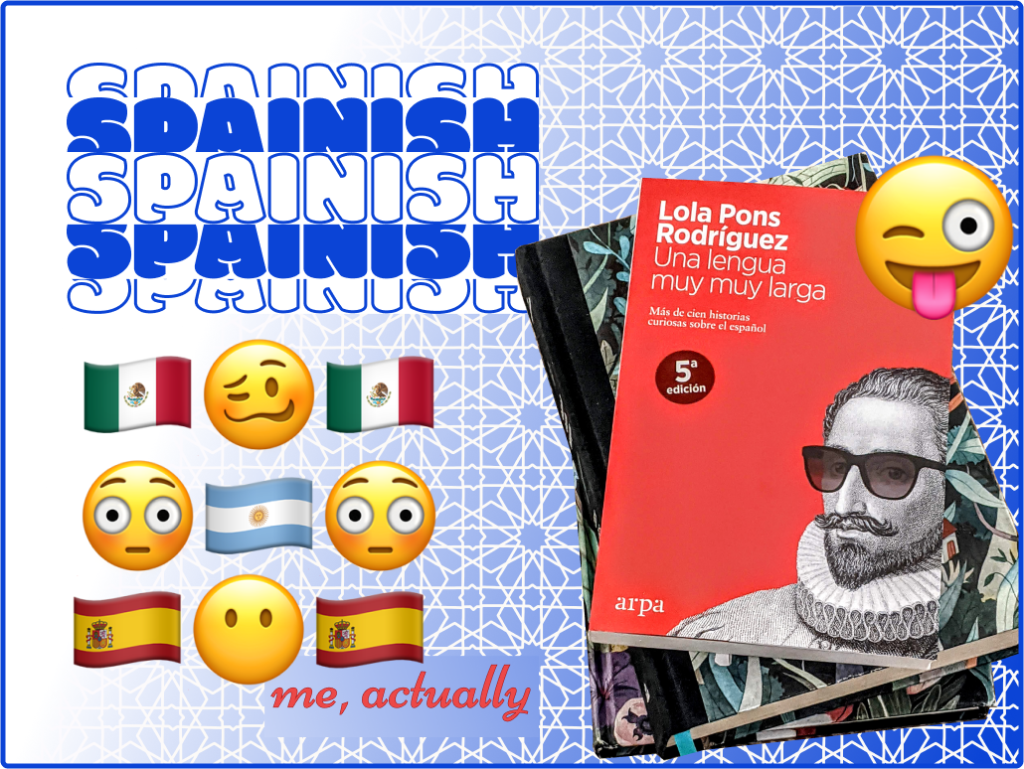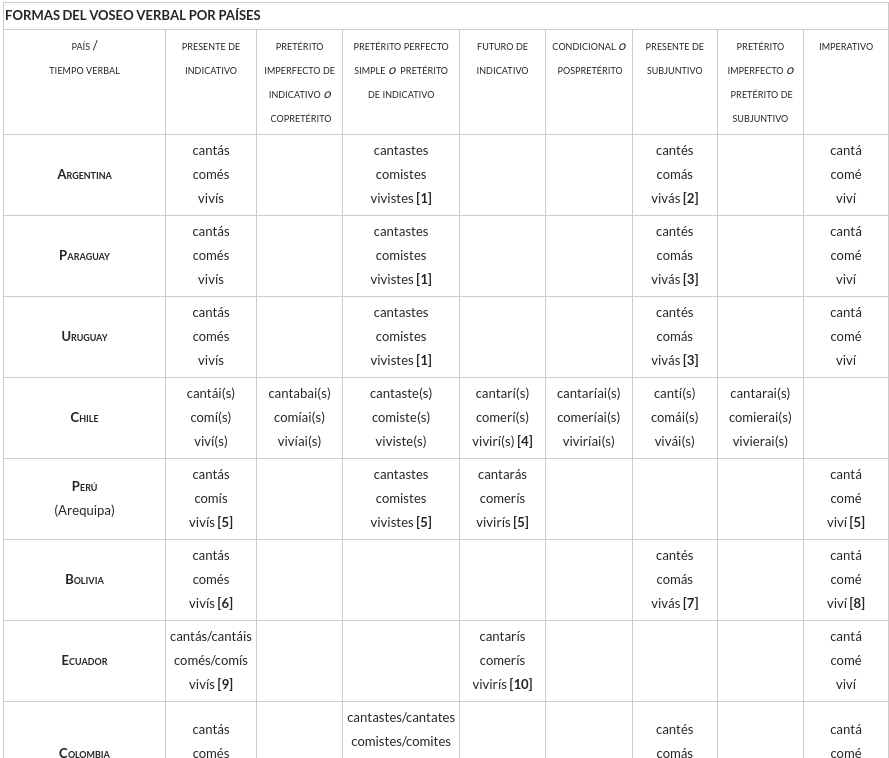
To sign up to receive this newsletter monthly, sign up on our Beacons site below:
It’s March! At the end of this month, we will have completed the first quarter of 2024. What are you looking forward to most for the rest of the year?
Thanks to those of you who joined the You Have Homework community this past month. ¡Bienvenid@s!
This month’s newsletter includes:
🚀 Website launch
🤓 New audio/video series on phonology
🇪🇸 Spanish-Spanish, like Spanish from Spain Spanish
🌎 The Spanish-speaking world is vast and mentally taxing
🚀 The You Have Homework website is up
Access all of our old newsletter all in one place!
This will also be the location of where the YHH courses will live. I will continue to add resources you can add to your arsenal as March progresses, so check back soon!
🤓 Check out the YHH phonology videos
The biggest game changer when I was learning French was the phonology lessons the Foreign Service Institute created a few decades ago. A bit outdated, but I was able to get a grasp of the connection between the written and spoken language.
I found that material to be missing in Spanish, so I made it myself. I want to release the material over a long period of time so learners can work through the fundamentals slowly. Don’t worry, there will also be practice for fast-spoken Spanish.
They will be available publicly on YouTube, Spotify, and Soundcloud and as part of the paid course I’m creating. Let me know what you think and share with a friend in need!
🇪🇸 Spain-ish is different than the Spanish I know
I recently finished a Spanish translation of an American book, and it struck me as odd that the version I got (from Amazon.com) was translated by a Spaniard. The obvious signals were there – the subjunctive was hubieses instead of hubieras; vosotros was used for the plural you; and verb phrases such as echar de menos had me missing the Latin American Spanish I was more accustomed to.
I think it’s like Mexican food to us Americans. We try it in other countries and it’s just not the same! But I digress – it’s been difficult for me to find great Mexican food.
Anyways, about six months ago in a bookstore in Montevideo, I picked up the book in the lead illustration, Una lengua muy muy larga, but didn’t buy it. I’ve regretted it since and finally decided to get a copy. So far… It’s been challenging.
It’s on the history and current usage of Spanish, written by historian Lola Pons Rodríguez. While it is interesting, the colloquial way it is written is just weird to me. But that’s not a criticism of the quality of the book (I’ve been learning a lot!), I’m just not “there yet” at having a secure comfort level in Spanish.
It’s been a great experience for me to travel throughout Latin America and to hear how the language changes by country and local region (my favorite word is mañé from Medellín), but sometimes it can be exhausting…
🌎 Who the D😡🤬BLOS said Spanish was easy to learn??¿?
If you are here with me, I assume you might also feel exasperated at times. Especially when we consider Dr Internet saying it’s one of the easiest for English speakers to learn. An often-quoted resource is the Foreign Service Institute, which says the AVERAGE classroom time it takes to get to a professional speaking/reading level is 750 hours, compared to 2,200 for the hardest.
But saying Spanish is easier to learn than Chinese is like saying an Accounting PhD is easier than a Physics PhD. They are both a challenge! And when we are exposed to so many different forms of speaking Spanish, the waters can get muddied.
El voseo. Vosotros. Ghosted D’s. Lisps. Rrrrrrrr. Shhh. Tch. (We will talk about the subjunctive (and the preterite (and ir + gerund (and using both an indirect and direct object in the imperative))) another time.)
Take a look at a sample of a table on the voseo on the RAE website.

We have to catch up to people who grew up immersed in the language and went through 12-20 years of intense usage in a learning environment. So when they travel to a different Spanish-speaking country, their brains go through a different comprehension reset process than ours. I assume quicker.
So although I know enough vocabulary to sign a rental agreement, I realized I need to drill the fundamentals more and more to move swiftly between regional differences.
But more on that in another newsletter.
🐸🗓️🧿
Año bisiesto, año siniestro.
In the ancient Latin world, leap years were considered bad luck. Here in Santiago de Chile, one of the streets near my apartment was backed up during the Feb 29 morning rush hour, so I could hear impatient honks well past finishing my breakfast. Maybe it continues to be bad luck for some!
See you in April!
Chloe
Founder, You Have Homework



Leave a Reply